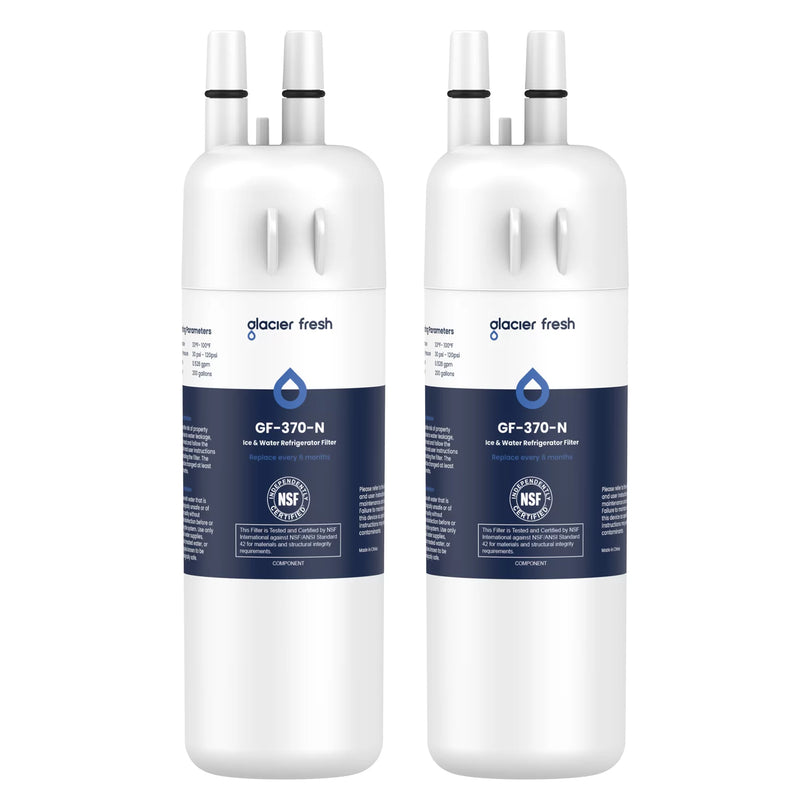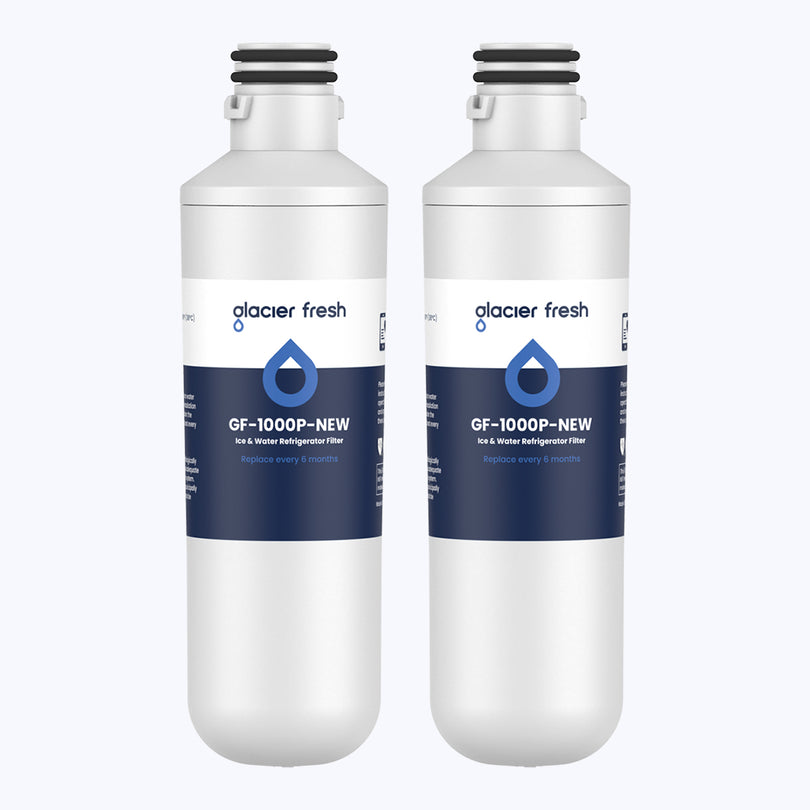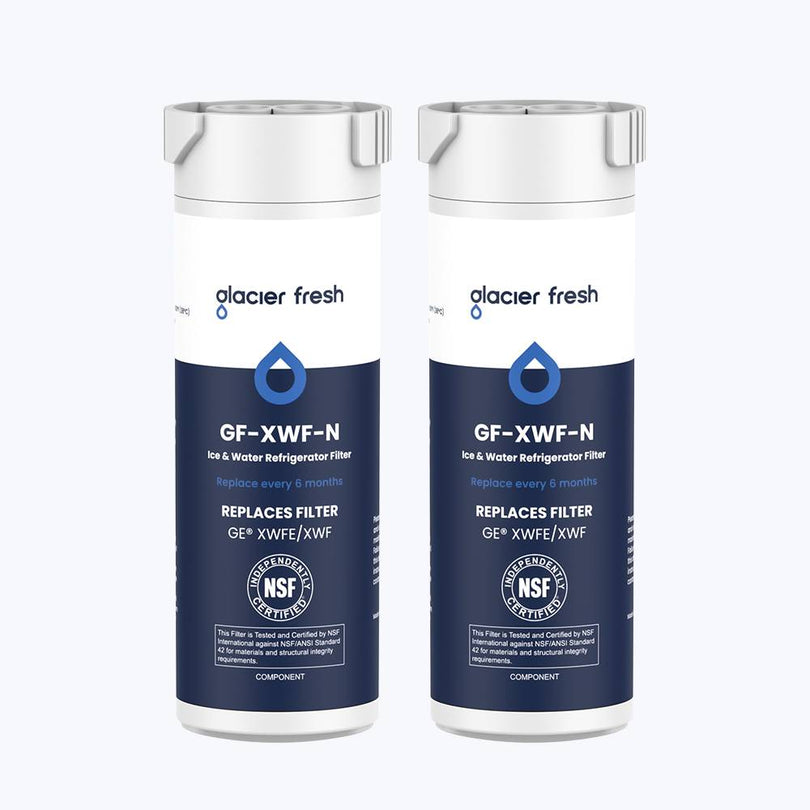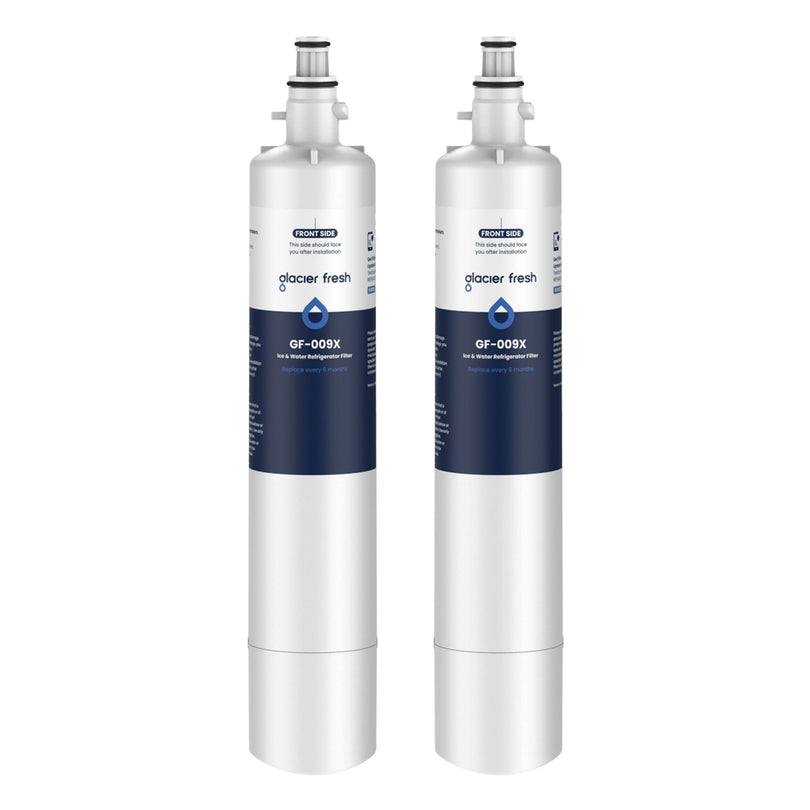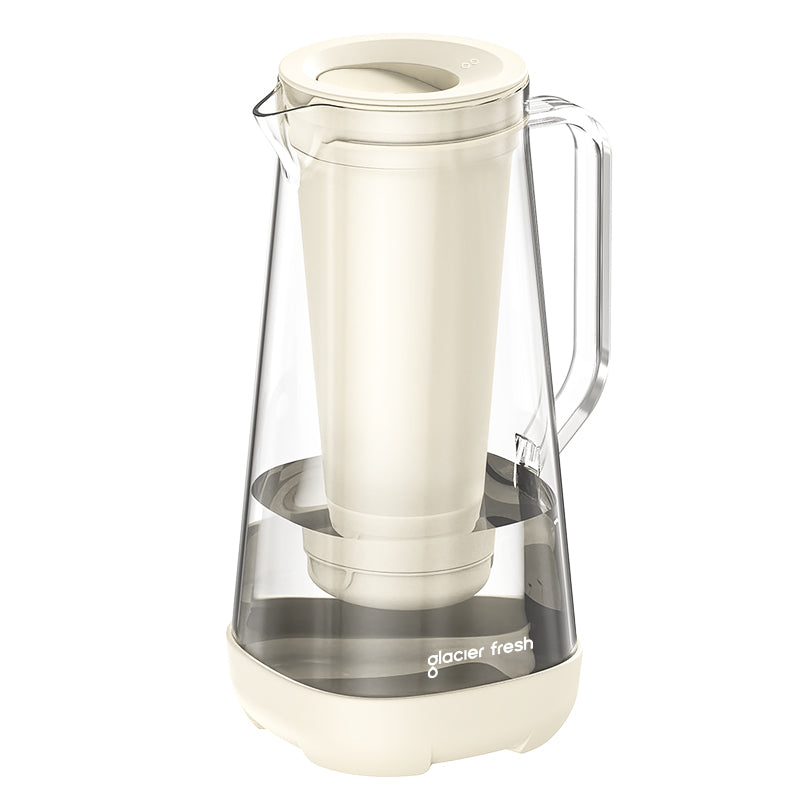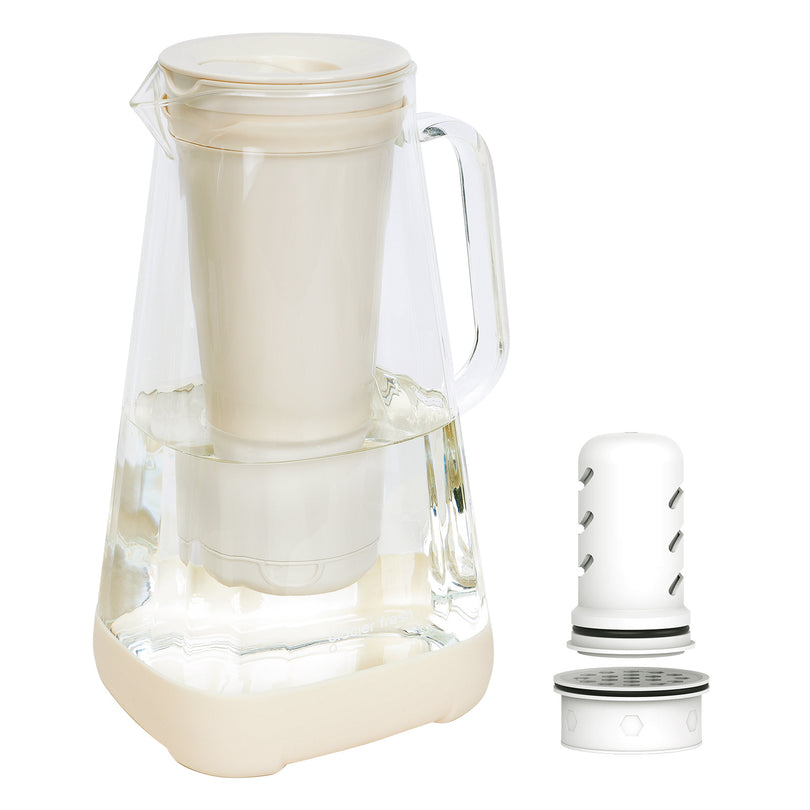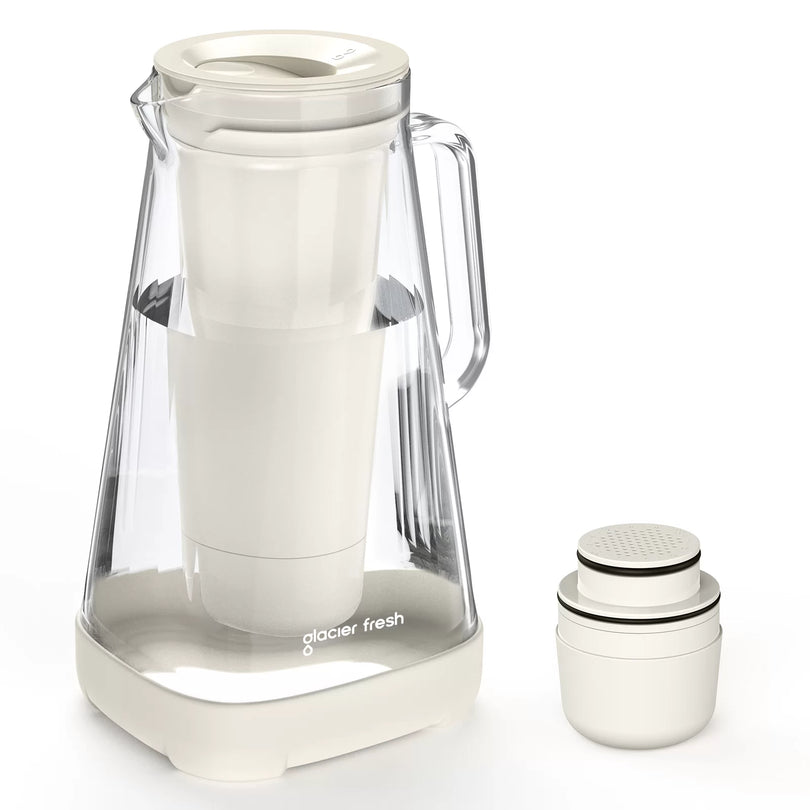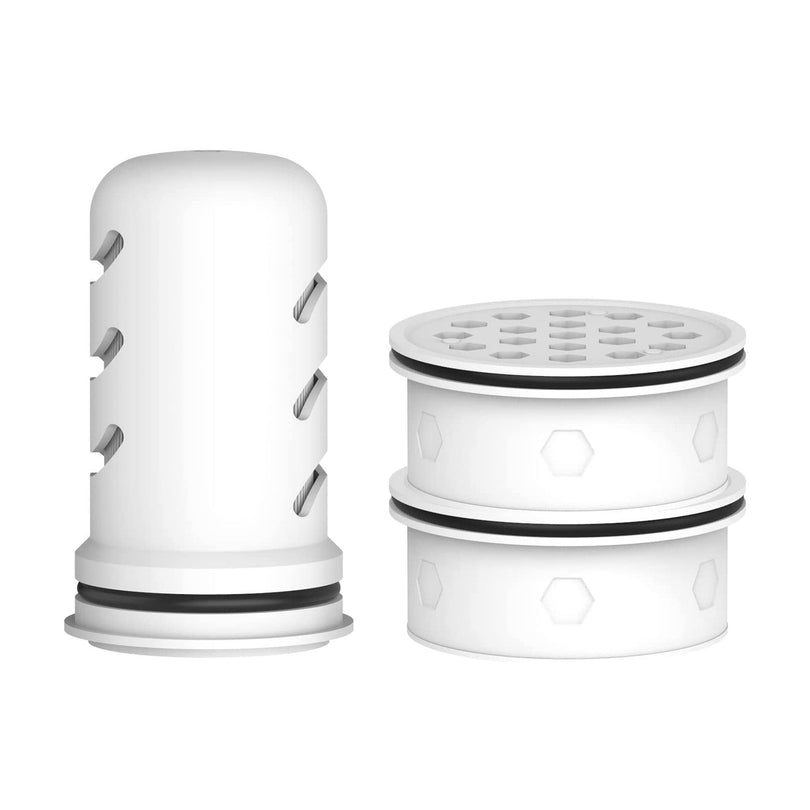Table of Contents:
Den Schlafzyklus verstehen: Schlafphasen und ihre Bedeutung
Die Rolle der Flüssigkeitszufuhr bei der Aufrechterhaltung eines ausgeglichenen Schlafzyklus
Wie wirkt sich die Wasseraufnahme auf die Schlafqualität aus?
Die Auswirkungen von Dehydration auf das Schlafverhalten
Strategien und Tipps zur Flüssigkeitszufuhr für einen besseren Schlaf
FAQs
Abschluss
Sie wünschen sich eine erholsame Nachtruhe? Flüssigkeitszufuhr und Schlaf spielen eine wichtige Rolle. Sie sollten wissen, wie sich die Wasseraufnahme auf Ihre Schlafqualität auswirkt. Wussten Sie, dass ausreichende Flüssigkeitszufuhr zu einem ausgeglichenen Schlafrhythmus beitragen kann? Das stimmt! Wenn Sie nicht genug Wasser trinken, kann sich das negativ auf Ihren Schlaf auswirken. Dehydration kann zu unruhigen Nächten und sogar Schlafstörungen führen.
Aber keine Sorge! Es gibt Strategien und Tipps, mit denen Sie Ihre Flüssigkeitszufuhr verbessern und besser schlafen können. In diesem Artikel untersuchen wir den Zusammenhang zwischen Wasseraufnahme und Schlaf und geben Ihnen praktische Tipps für eine erholsame Nacht.
Den Schlafzyklus verstehen: Schlafphasen und ihre Bedeutung

Um die Bedeutung einer erholsamen Nachtruhe zu verstehen, ist es wichtig, sich mit den Phasen des Schlafzyklus vertraut zu machen. Dieses Verständnis hilft Ihnen, die Vorteile jeder Phase für Ihr allgemeines Wohlbefinden zu erkennen. Der Schlafzyklus besteht aus mehreren Phasen der Schlafarchitektur, darunter REM-Schlaf und Tiefschlaf.
Der REM-Schlaf (Rapid Eye Movement Sleep) ist eine Phase, die durch intensive Gehirnaktivität, lebhafte Träume und schnelle Augenbewegungen gekennzeichnet ist. In dieser Phase festigt das Gehirn Erinnerungen und verbessert das Lernen. Der REM-Schlaf ist entscheidend für die kognitiven Funktionen und die emotionale Regulation.
Tiefschlaf hingegen ist die Phase, in der sich Ihr Körper regeneriert und regeneriert. In dieser Phase entspannen sich Ihre Muskeln, der Blutdruck sinkt und Gewebewachstum und -reparatur finden statt. Tiefschlaf ist wichtig für die körperliche Erholung, die Funktion des Immunsystems und die allgemeine Gesundheit.
Die Rolle der Flüssigkeitszufuhr bei der Aufrechterhaltung eines ausgeglichenen Schlafzyklus

Eine ausreichende tägliche Flüssigkeitszufuhr ist für einen ausgeglichenen Schlafrhythmus unerlässlich. Flüssigkeitszufuhr ist für verschiedene Aspekte unserer Gesundheit entscheidend, darunter kognitive Funktionen, Energieniveau und Stimmungsstabilität. So kann sich die Wasseraufnahme auf diese Bereiche auswirken:
1. Flüssigkeitszufuhr und kognitive Funktionen: Bei ausreichender Flüssigkeitszufuhr kann Ihr Gehirn optimal funktionieren. Dehydration kann kognitive Fähigkeiten wie Gedächtnis, Aufmerksamkeit und Entscheidungsfindung beeinträchtigen. Eine ausreichende Flüssigkeitszufuhr kann die Leistung Ihres Gehirns optimieren und Ihre kognitiven Funktionen insgesamt verbessern.
2. Wasseraufnahme und Energieniveau: Dehydration kann zu Müdigkeit und niedrigem Energieniveau führen. Ausreichend Wasser zu trinken kann Ihren Körper mit Flüssigkeit versorgen und Ihr Energieniveau den ganzen Tag über optimal halten. Dies wiederum kann Ihnen helfen, sich tagsüber wacher und aufmerksamer zu fühlen und nachts einen ausgeglicheneren Schlafrhythmus zu fördern.
3. Der Zusammenhang zwischen Flüssigkeitszufuhr und Stimmungsstabilität: Studien deuten darauf hin, dass Dehydration die Stimmung negativ beeinflussen und das Risiko von Stimmungsstörungen wie Angstzuständen und Depressionen erhöhen kann. Ausreichend Flüssigkeitszufuhr kann Ihnen helfen, eine stabile Stimmung zu bewahren und Ihr allgemeines psychisches Wohlbefinden zu verbessern.
Wie wirkt sich die Wasseraufnahme auf die Schlafqualität aus?

Ausreichend Wasser zu trinken kann Ihre Schlafqualität deutlich verbessern. Die richtige Flüssigkeitszufuhr spielt eine entscheidende Rolle für eine optimale Schlafdauer und -qualität. Wenn Sie tagsüber ausreichend Wasser trinken, funktioniert Ihr Körper effizienter und Sie schlafen besser. Wasserkonsum beeinflusst die Schlafdauer, indem er Dehydration verhindert, die zu Unwohlsein und Störungen während der Nacht führen kann.
Dehydration kann Symptome wie Mundtrockenheit, Kopfschmerzen und Muskelkrämpfe verursachen, die Ihren Schlaf stören und Sie daran hindern können, die ganze Nacht durchzuschlafen. Sie können diese Beschwerden minimieren und einen erholsameren Schlaf sicherstellen, indem Sie ausreichend Flüssigkeit zu sich nehmen.
Darüber hinaus beeinflusst die Wasseraufnahme auch die Schlafqualität. Eine Studie mit jungen Erwachsenen ergab, dass eine höhere Wasseraufnahme mit einer besseren Schlafqualität, einschließlich einer verbesserten Schlafeffizienz und weniger Schlafstörungen, einhergeht. Eine ausreichende Flüssigkeitszufuhr trägt zur Regulierung der Körpertemperatur bei, unterstützt die Produktion von Melatonin (dem Schlafhormon) und fördert die Entspannung – all dies trägt zu einem erholsameren und erholsameren Schlaf bei. Um den Zusammenhang zwischen Wasseraufnahme, Schlafdauer und Schlafqualität besser zu verstehen, werfen wir einen Blick auf die folgende Tabelle:

Wie Sie sehen, verbessert sich sowohl die Schlafdauer als auch die Schlafqualität, wenn Sie ausreichend Wasser trinken. Andererseits kann eine unzureichende Wasseraufnahme zu einer verkürzten Schlafdauer und einer verminderten Schlafqualität führen. Um sicherzustellen, dass Sie genügend Wasser für einen besseren Schlaf trinken, wird empfohlen, mindestens 8 Tassen (64 Unzen) Wasser pro Tag zu trinken.
Denken Sie daran, Ihre Wasseraufnahme über den Tag zu verteilen und übermäßigen Konsum vor dem Schlafengehen zu vermeiden, um Schlafstörungen vorzubeugen. Indem Sie der Flüssigkeitszufuhr Priorität einräumen, können Sie Ihre Schlafqualität verbessern und erfrischt und revitalisiert aufwachen.
Die Auswirkungen von Dehydration auf das Schlafverhalten

Dehydration kann Ihren Schlafrhythmus stören und zu verschiedenen Schlafstörungen führen. Wenn Ihr Körper nicht ausreichend mit Flüssigkeit versorgt ist, kann dies Ihre Einschlaf- und Durchschlaffähigkeit beeinträchtigen. Hier sind drei wichtige Gründe, warum Dehydration Ihren Schlaf beeinträchtigen kann:
1. Erhöhte Schlafstörungen: Dehydration kann dazu führen, dass Sie nachts häufiger aufwachen. Dies kann auf den Versuch des Körpers zurückgeführt werden, seine Temperatur zu regulieren, da Dehydration zu einer erhöhten Körperkerntemperatur führen kann, was zu Unwohlsein und Unruhe führt.
2. Einschlafschwierigkeiten: Dehydration kann das Einschlafen erschweren. Der Körper benötigt ausreichend Flüssigkeit, um Melatonin zu produzieren, das für die Regulierung des Schlafs verantwortliche Hormon. Ohne ausreichende Wasseraufnahme kann Ihr Körper Schwierigkeiten haben, genügend Melatonin zu produzieren, was das Einschlafen erschwert.
3. Schlafmangel: Bei Dehydrierung ist die Wahrscheinlichkeit von Schlafmangel höher. Schlafmangel kann Ihre allgemeine Gesundheit und Ihr Wohlbefinden beeinträchtigen und zu Tagesmüdigkeit, Stimmungsschwankungen und verminderter kognitiver Leistungsfähigkeit führen.
Um diese negativen Auswirkungen zu vermeiden, ist es wichtig, den ganzen Tag über ausreichend Flüssigkeit zu sich zu nehmen. Achten Sie auf die Symptome einer Dehydration wie Durst, Mundtrockenheit und dunklen Urin. Eine ausreichende Wasseraufnahme fördert einen besseren Schlaf und sorgt für ein erfrischtes und regeneriertes Gefühl beim Aufwachen.
Strategien und Tipps zur Flüssigkeitszufuhr für einen besseren Schlaf
Optimale Wasseraufnahme für besseren Schlaf
Eine ausreichende Flüssigkeitszufuhr über den Tag verteilt kann sich positiv auf Ihren Schlaf auswirken. Die empfohlene Wasseraufnahme variiert je nach Alter, Geschlecht und Aktivitätsniveau. Als allgemeine Richtlinie wird empfohlen, täglich mindestens acht 230-ml-Gläser Wasser aus einer Glasfilterkanne zu trinken.
Es ist jedoch wichtig, auf die Durstsignale Ihres Körpers zu hören und Ihre Wasseraufnahme entsprechend anzupassen. Täglich ausreichend Wasser zu trinken kann Dehydration und damit Schlafstörungen vorbeugen. Vermeiden Sie übermäßige Flüssigkeitsaufnahme kurz vor dem Schlafengehen, um nächtliche Toilettengänge zu minimieren.
Feuchtigkeitsspendende Lebensmittel und Getränke für den Schlaf
Integrieren Sie hydratisierende Lebensmittel und Getränke in Ihre Ernährung, um Ihre Schlafqualität zu verbessern. Der Verzehr von Lebensmitteln und Getränken mit hohem Wassergehalt kann dazu beitragen, dass Sie die ganze Nacht über hydriert bleiben. Entscheiden Sie sich für wasserreiches Obst und Gemüse wie Wassermelone, Gurken und Erdbeeren. Diese spenden Flüssigkeit und enthalten natürlichen Zucker und Vitamine, die die Entspannung fördern.
Darüber hinaus können Kräutertees wie Kamille und Pfefferminze eine wohltuende und hydratisierende Alternative zu koffeinhaltigen Getränken sein. Integrieren Sie Lebensmittel wie Joghurt und Suppen mit hohem Wassergehalt in Ihre Ernährung, die zu Ihrer allgemeinen Flüssigkeitszufuhr beitragen können. Vermeiden Sie verarbeitete und zuckerhaltige Lebensmittel, da diese Ihren Schlaf stören können. Achten Sie auf eine ausgewogene Ernährung, um einen gesunden Flüssigkeitshaushalt aufrechtzuerhalten und Ihre Schlafqualität zu verbessern.
Beste Zeiten zum Trinken für besseren Schlaf
Für einen erholsamen Schlaf ist es wichtig, von morgens bis abends ausreichend zu trinken. Beginnen Sie Ihren Tag mit einem Glas Wasser, um Ihren Flüssigkeitshaushalt anzukurbeln. Machen Sie es sich zur Gewohnheit, über den Tag verteilt regelmäßig Wasser zu trinken, insbesondere zu den Mahlzeiten und nach körperlicher Aktivität. Achten Sie jedoch abends auf Ihre Flüssigkeitsaufnahme.
Obwohl es wichtig ist, ausreichend zu trinken, kann zu viel Wasser kurz vor dem Schlafengehen zu häufigen Toilettengängen führen und so den Schlaf stören. Um ein Gleichgewicht zu finden, versuchen Sie, den Großteil Ihrer Flüssigkeitsaufnahme früher am Tag zu sich zu nehmen und gegen Abend weniger zu trinken. Wenn Sie tagsüber ausreichend trinken, verbessern Sie Ihre Schlafqualität und wachen erfrischt auf.
Flüssigkeitsfehler, die Sie für eine erholsame Nacht vermeiden sollten
Für einen erholsamen Schlaf ist es wichtig, Dehydration zu vermeiden. Ein Fehler, den Sie vermeiden sollten, ist, direkt vor dem Schlafengehen zu viel Wasser zu trinken. Der Konsum großer Mengen Wasser vor dem Schlafengehen kann zu häufigen Toilettengängen während der Nacht führen und Ihren Schlaf stören. Ein weiterer Fehler, den Sie vermeiden sollten, ist, sich ausschließlich auf koffeinhaltige Getränke zur Flüssigkeitszufuhr zu verlassen.
Kaffee oder Limonade können zwar einen vorübergehenden Energieschub liefern, können aber auch harntreibend wirken und zu vermehrtem Wasserlassen und möglicher Dehydration führen. Trinken Sie stattdessen Wasser oder Kräutertee, um vor dem Schlafengehen ausreichend Flüssigkeit zu sich zu nehmen. Vermeiden Sie außerdem Alkohol kurz vor dem Schlafengehen, da dieser Ihren Schlafrhythmus stören und zu Dehydration führen kann.
FAQs
Wie viele Stunden Schlaf pro Nacht werden für eine optimale Flüssigkeitszufuhr empfohlen?
Um einen optimalen Flüssigkeitshaushalt aufrechtzuerhalten, sollten Sie etwa 7–9 Stunden pro Nacht schlafen. Ausreichend Schlaf hilft Ihrem Körper, den Flüssigkeitshaushalt zu regulieren, und sorgt dafür, dass Sie erfrischt aufwachen.
Kann das Trinken von zu viel Wasser vor dem Schlafengehen den Schlafrhythmus stören?
Zu viel Wasser vor dem Schlafengehen kann den Schlafrhythmus stören. Es kann zu häufigen Toilettengängen und damit zu Schlafstörungen führen. Vermeiden Sie daher am besten eine übermäßige Wasseraufnahme kurz vor dem Schlafengehen.
Beeinflusst die Temperatur des vor dem Schlafengehen getrunkenen Wassers die Schlafqualität?
Das Trinken von kaltem Wasser vor dem Schlafengehen kann die Schlafqualität beeinträchtigen. Kaltes Wasser kann dazu führen, dass Ihr Körper mehr arbeiten muss, um seine Temperatur zu regulieren, was möglicherweise den Schlafrhythmus stört.
Abschluss
Wenn Sie also das nächste Mal Probleme beim Einschlafen haben oder benommen aufwachen, denken Sie daran, dass ausreichende Flüssigkeitszufuhr der Schlüssel zu einer erholsamen Nachtruhe sein kann. Ausreichend Wasser über den Tag verteilt zu trinken, kann zu einem ausgeglichenen Schlafrhythmus beitragen und die Schlafqualität verbessern. Denken Sie daran, den Einfluss der Flüssigkeitszufuhr auf Ihr Schlafverhalten zu berücksichtigen. Versuchen Sie, einige Trinkstrategien und -tipps umzusetzen, um besser zu schlafen. Schöne Träume!

